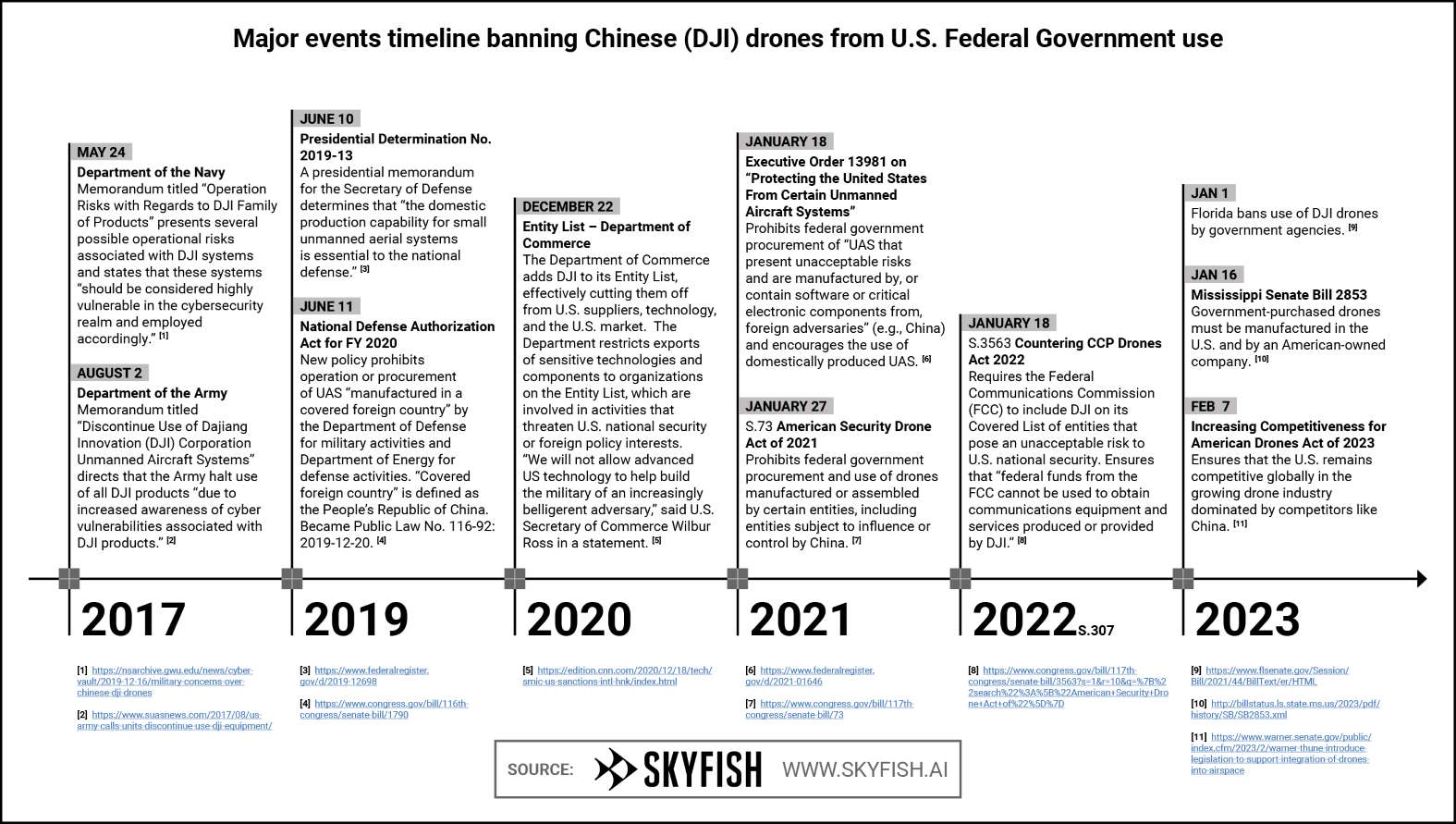Thoughts on DeepSeek - Inside Telecom
Recently, new US AI sanctions have been imposed, targeting users of DeepSeek. Simultaneously, Taiwan has also taken measures against this Chinese developed AI for cybersecurity concerns. The new law stipulates severe penalties, including prison sentences of up to 20 years and fines reaching $1 million for Americans found violating US AI export regulations. Furthermore, US companies could face fines of up to $100 million if found collaborating with Chinese AI firms or engaging in AI research in China. The legislation also prohibits the export of AI-related intellectual property and the use of AI models originating from China.

Implications in the Tech Industry
This legislative move comes at a time when the tech world, particularly Silicon Valley, is still reeling from the launch of DeepSeek's groundbreaking reasoning model, R1. The release of this model has sparked debates on the competitiveness of Chinese AI firms, drawing attention to the ongoing trade tensions between the US and China over advanced semiconductor technology.
Following the US AI sanctions, Taiwan has opted to ban the use of DeepSeek AI in all public agencies citing cybersecurity threats. Premier Jung-tai Cho chaired a council meeting where a decision was made against DeepSeek. National Science and Technology Council (NSTC) Minister Cheng-wen Wu outlined guidelines allowing limited academic use of DeepSeek in universities and research institutions under strict conditions to safeguard national cybersecurity.
Protecting National Interests
Amid concerns over data security, the Taiwanese government issued a special advisory to infrastructure providers and regulatory bodies emphasizing the importance of stringent cybersecurity measures. Executive Yuan spokesperson Michelle Lee highlighted the government's commitment to protecting sensitive national information amidst uncertainties surrounding data transmission to China.

The proposed US AI sanctions legislation aims to restrict AI infrastructure exports to China and could potentially criminalize the downloading of AI models like DeepSeek R1 by Americans. This move could have far-reaching implications on global AI collaboration and investments in Chinese AI companies.
Shaping the Future of AI
The evolving landscape of AI regulations underscores the delicate balance between technological advancements and national security. As countries navigate the complexities of AI trade policies, the industry faces a potential reset that could redefine its future trajectory.
Amidst these changes, the tech industry continues to witness intense competition driven by AI models with varying degrees of restrictions. It signals a pivotal moment where stakeholders may need to weigh the benefits of technological progress against the backdrop of expanding digital frontiers while ensuring national security.



















